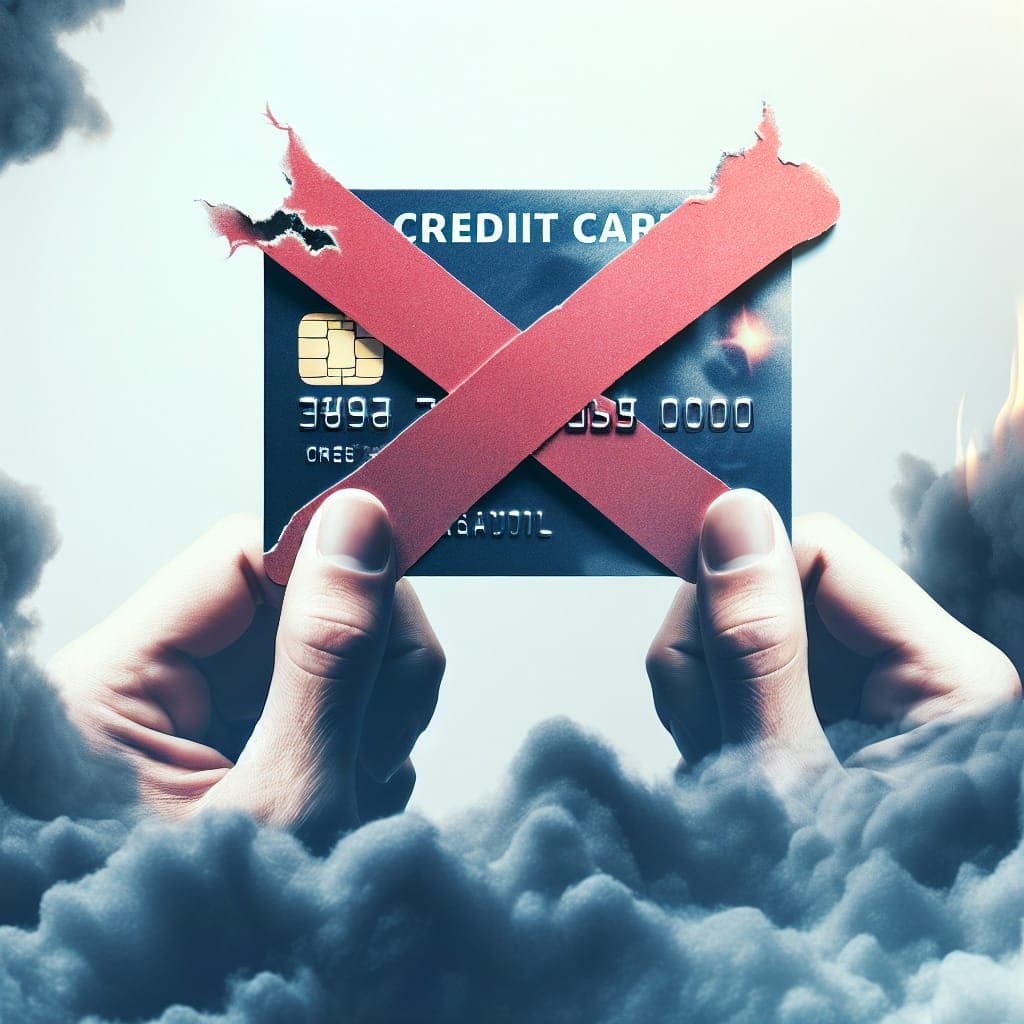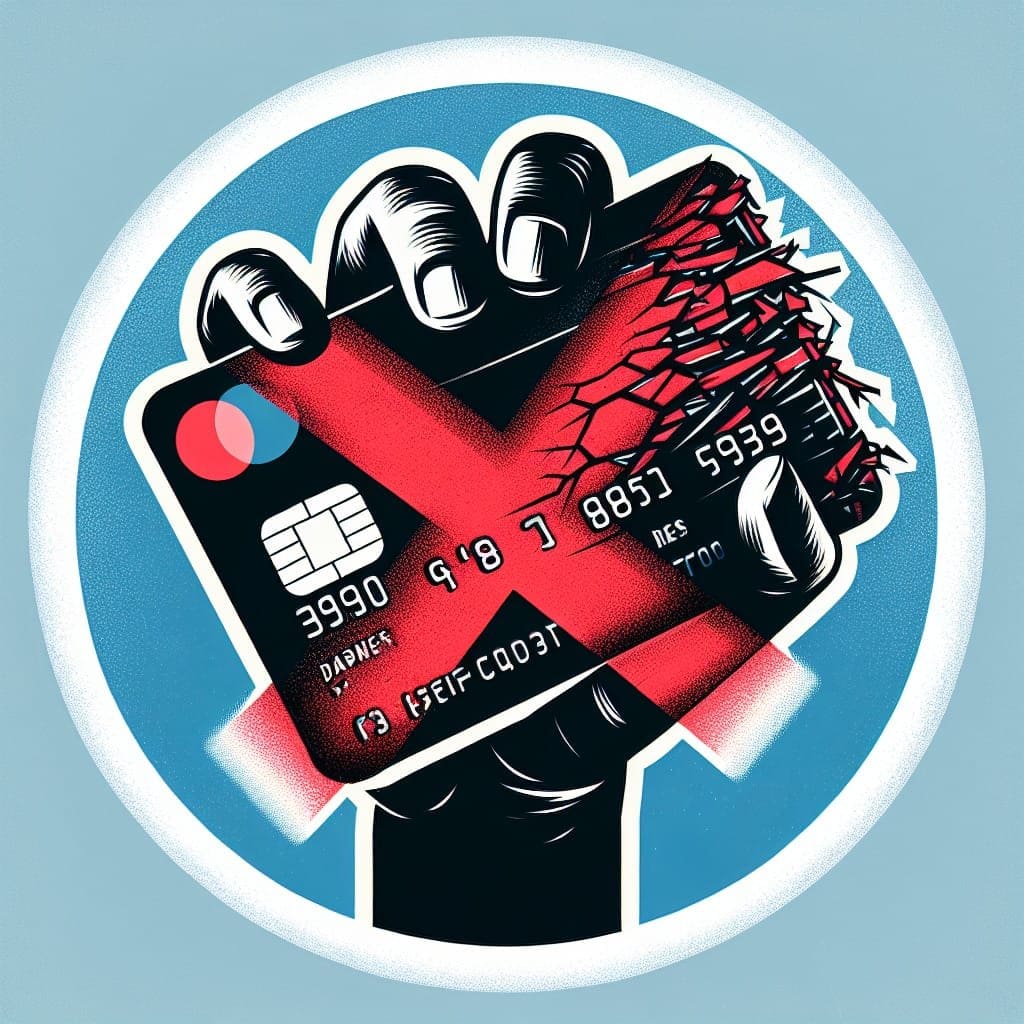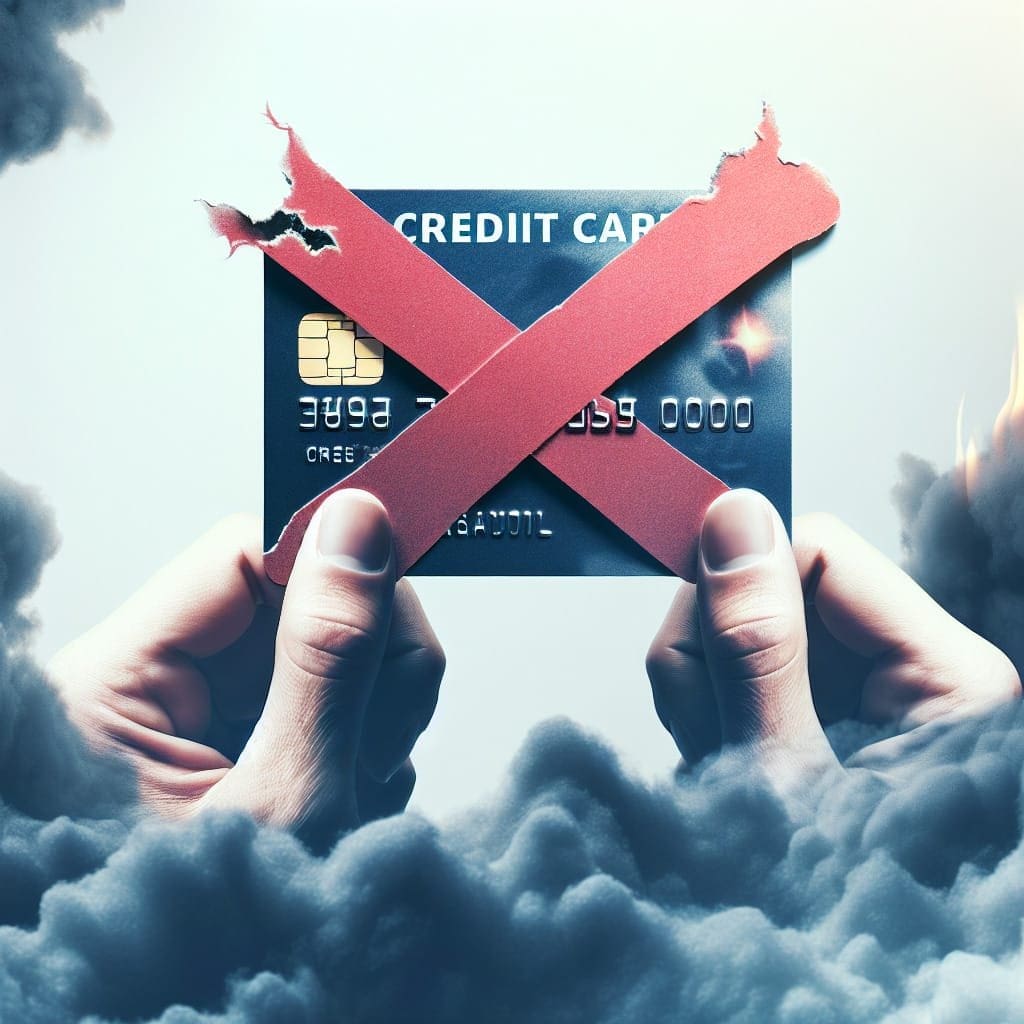Having bad credit can feel like a barrier when it comes to accessing credit cards. However, there are options available specifically designed for individuals with bad credit. These credit cards provide an opportunity to rebuild credit and regain financial stability. In this article, we will explore the different options for bad credit credit cards and how they can help you improve your credit score. Whether you're looking to make a fresh start or overcome past financial challenges, these credit cards can be a valuable tool on your journey.
Options for Bad Credit Credit Cards
If you have bad credit, you may think that your options for getting a credit card are limited. However, there are actually several options available to help you rebuild your credit and obtain a credit card that suits your needs. In this article, we will explore various options for bad credit credit cards, including secured credit cards, prepaid debit cards, subprime credit cards, credit union credit cards, secured personal loans, retail credit cards, authorized user credit cards, credit builder loans, employer-sponsored credit cards, and peer-to-peer lending platforms. Let's dive in!

Secured Credit Cards
Secured credit cards are a great option for individuals with bad credit or no credit history. These cards require a security deposit, which acts as collateral for your credit line. The deposit is usually equal to the credit limit, and it provides reassurance to the credit card issuer in case you default on your payments. Secured credit cards work just like regular credit cards, allowing you to make purchases and build credit as you make timely payments.
Prepaid Debit Cards
Prepaid debit cards are another option for people with bad credit. Unlike traditional credit cards, prepaid debit cards are not linked to a line of credit. Instead, you load funds onto the card before using it, and the card balance decreases as you make purchases. Prepaid debit cards can be a useful tool for managing your spending and avoiding debt, but they do not help you build credit since they are not reported to credit bureaus.
/4TXoXSwM2Cs” frameborder=”0″ allowfullscreen>
Subprime Credit Cards
Subprime credit cards are designed specifically for individuals with poor credit scores. These cards often have higher interest rates and fees compared to traditional credit cards, but they can provide a way to rebuild your credit. By using a subprime credit card responsibly and making timely payments, you can demonstrate your creditworthiness and improve your credit score over time.
Credit Union Credit Cards
Credit union credit cards are issued by credit unions, which are member-owned financial institutions. These cards are typically more forgiving of a lower credit score and may offer lower interest rates and fees compared to traditional banks. Many credit unions also provide credit education resources and personalized guidance to help you improve your credit health.

Secured Personal Loans
Secured personal loans are another option for individuals with bad credit who are looking to rebuild their credit history. These loans require collateral, such as a vehicle or savings account, which reduces the lender's risk. By responsibly repaying a secured personal loan, you can demonstrate your creditworthiness and improve your credit score.
Retail Credit Cards
Retail credit cards are credit cards that are issued by specific retailers or store chains. While these cards may have higher interest rates, they are often more lenient when it comes to approval requirements. Retail credit cards can be a good option for rebuilding credit if you shop regularly at the specific retailer and can manage your payments responsibly.
Authorized User Credit Cards
If you have a family member or friend with good credit, you may be able to become an authorized user on their credit card. As an authorized user, you can benefit from the primary cardholder's positive credit history, which can help improve your own credit score. However, it is essential to ensure that the primary cardholder makes timely payments, as any missed payments could also negatively impact your credit.
Credit Builder Loans
Credit builder loans are specifically designed to help individuals build or rebuild credit. With a credit builder loan, the lender holds the loan amount in a savings account or certificate of deposit (CD) as collateral. As you make regular payments on the loan, your payments are reported to credit bureaus, helping you establish a positive payment history and improve your credit score.
Employer-Sponsored Credit Cards
Some employers offer credit cards as part of their employee benefits package. These credit cards are typically easier to obtain, even for individuals with bad credit. By responsibly using an employer-sponsored credit card and making timely payments, you can establish or rebuild your credit while enjoying the convenience of a credit card for work-related expenses.
Peer-to-Peer Lending Platforms
Peer-to-peer lending platforms provide an alternative option for individuals with bad credit who need access to credit. These platforms connect borrowers directly with lenders, often at more flexible terms compared to traditional financial institutions. While interest rates may still be higher for individuals with bad credit, peer-to-peer lending platforms can provide a lifeline for those who have been denied by traditional lenders.
In conclusion, even if you have bad credit, there are several options available to help you obtain a credit card and rebuild your credit. Whether you choose a secured credit card, prepaid debit card, subprime credit card, credit union credit card, secured personal loan, retail credit card, authorized user credit card, credit builder loan, employer-sponsored credit card, or peer-to-peer lending platform, it is essential to use these options responsibly and make timely payments to improve your credit health. Remember, consistently demonstrating good credit behavior can lead to better opportunities and financial stability in the future.






